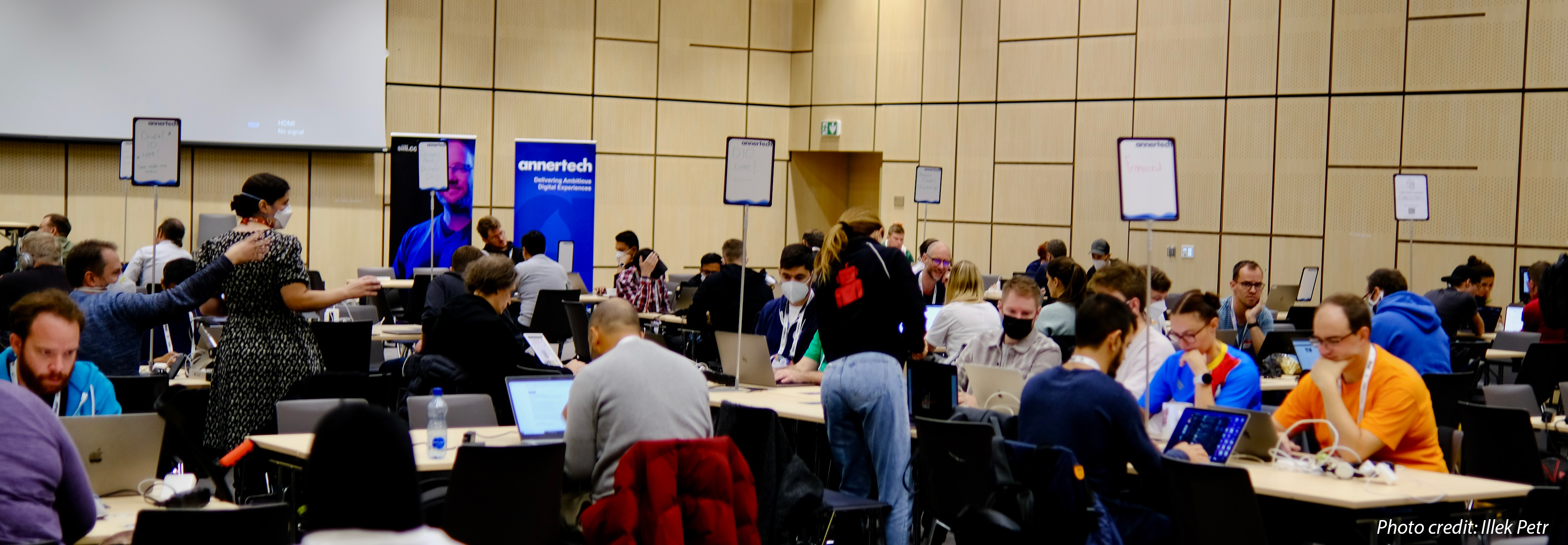Drupal community
 Hi, I'm xjm. I'm a Drupal core committer, one of eighteen people who are trusted to accept (merge) code changes to the Drupal project for the hundreds of thousands of sites that rely on it.
Hi, I'm xjm. I'm a Drupal core committer, one of eighteen people who are trusted to accept (merge) code changes to the Drupal project for the hundreds of thousands of sites that rely on it.
My role on the committer team is that of a release manager. We're the folks who actually create the Drupal core releases that you can install on your site.
The most recent issue of Drupal Watchdog includes an article on software freedom and social change in Drupal. While this article raises a number of thoughtful questions about the social implications of the Drupal community's evolution, it includes some misinformation (both because it misrepresents the data that are easily available and because it lacks data that are not easily available). In the first part of this post, I look at the specific information presented in the article and provide some more depth, including some first-hand information about Acquia, since I work in Acquia's Office of the CTO. In the second part, I explore how we can mitigate some of the concerns the article raises.
Working on any software project can be frustrating. You inevitably encounter things that are confusing, buggy, poorly documented, over-architected, under-architected, and so on. In an open source project, this frustration is compounded when uncertain resources and volunteer contributions lead to inconsistent quality or completeness. Working on the development version of the software adds additional challenges, as you have to learn new systems and development paradigms that may not yet be very refined.
Think twice, though, before publicly venting your frustrations about how awful that current pebble in your shoe is. In a project like Drupal, chances are, someone you're talking to worked really hard on some component of the thing that's frustrating you. They probably donated their time. They did the best they could with the resources they had.
Negativity is contagious. Even if you have good intentions, and the person you're talking to has good intentions, disparaging remarks will quickly take your discussion off track and make both of you less interested in solving the actual problem.
If you disagree with something in Drupal, first, take a deep breath, and remember that the thing frustrating you is the work of real people. Then, take the time to file an issue that neutrally states the change you suggest and the reasons for it. Be constructive. Bonus if you provide a patch to get the issue started. The same feedback that started an argument when you threw in a couple hyperbolic adjectives may be received with enthusiasm if you phrase it professionally.
Be nice. Sometimes it's hard, but it's worth it.